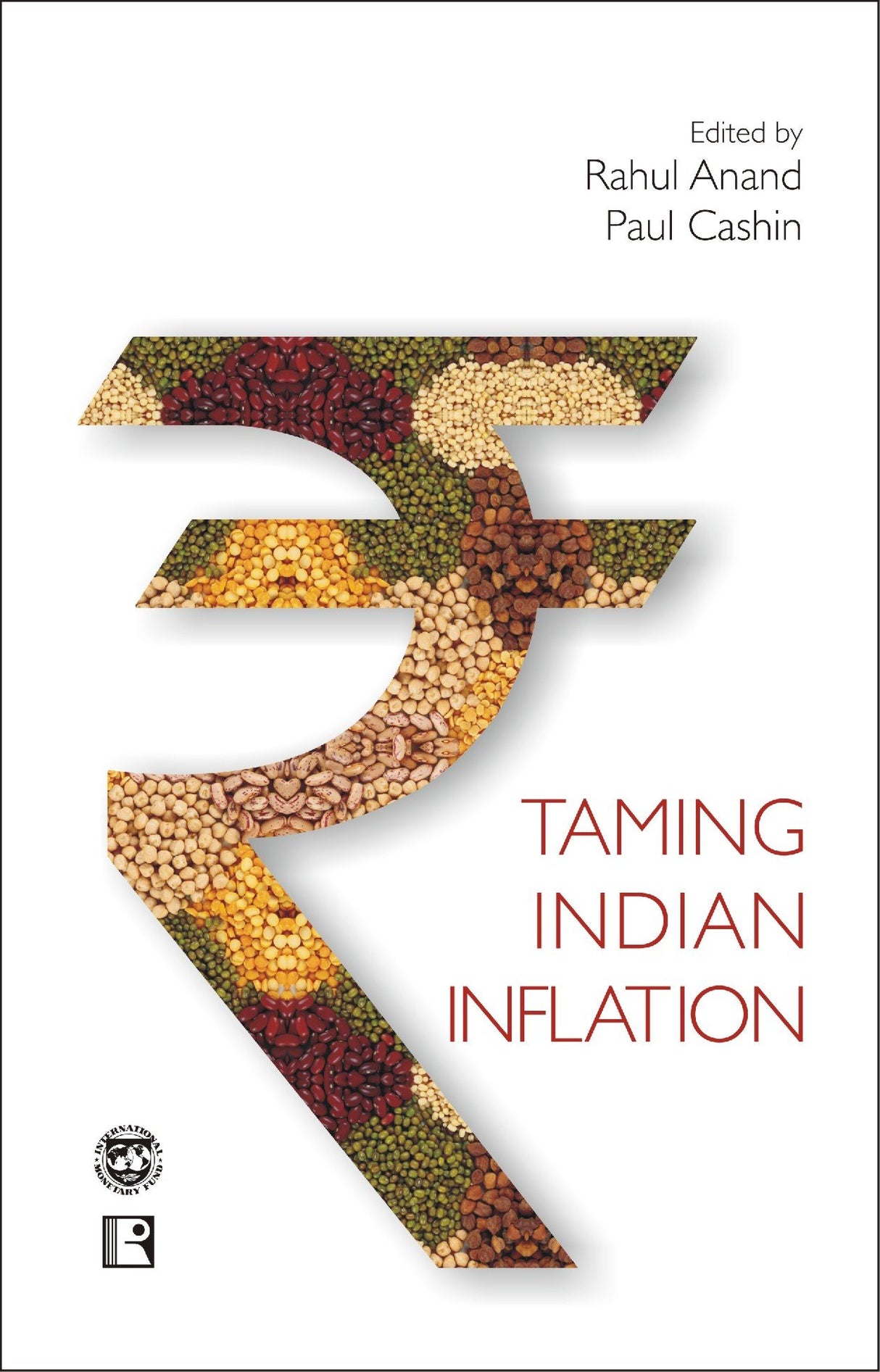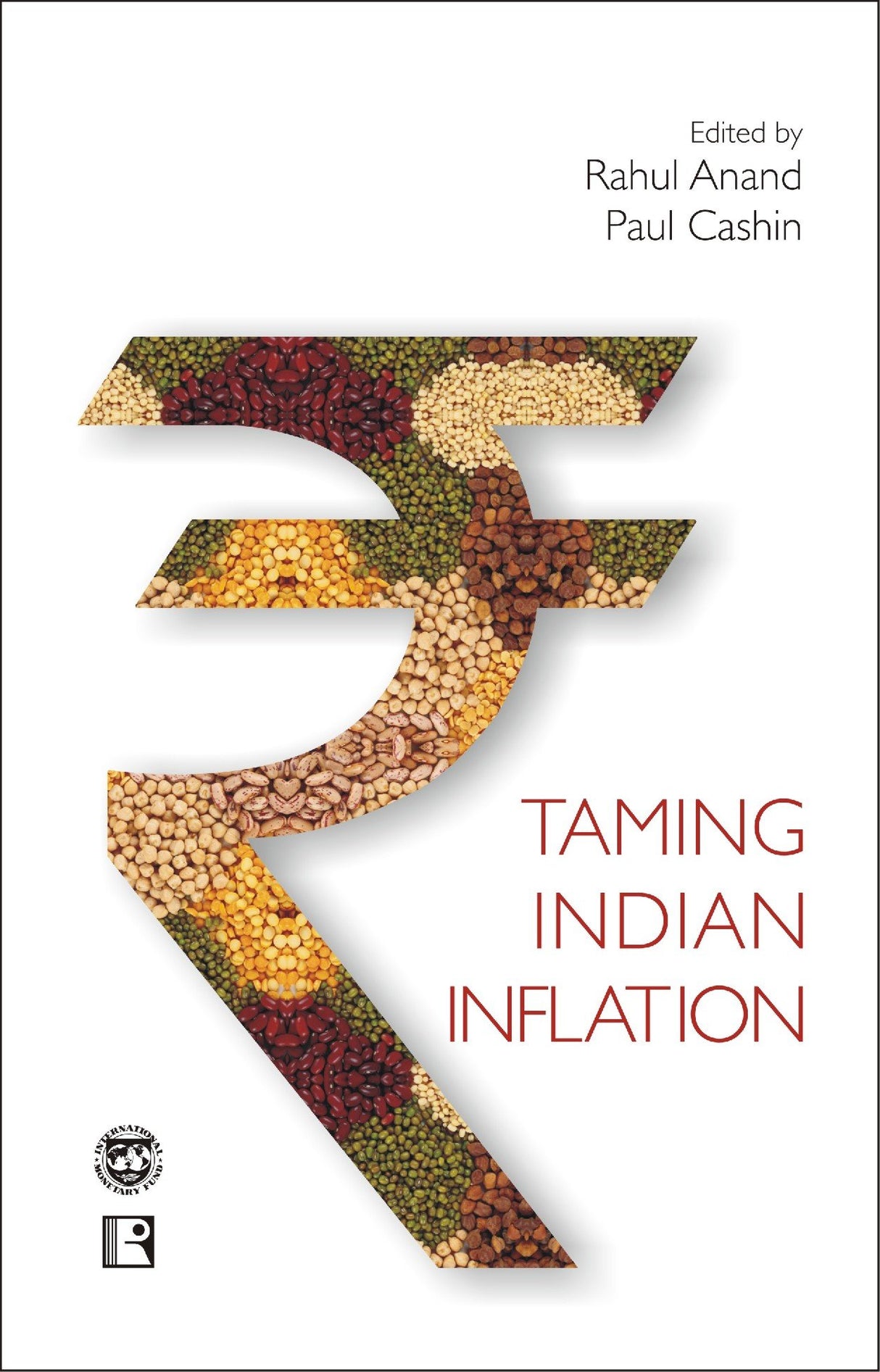TAMING INDIAN INFLATION
TAMING INDIAN INFLATION is backordered and will ship as soon as it is back in stock.
Couldn't load pickup availability
Genuine Products Guarantee
Genuine Products Guarantee
We guarantee 100% genuine products, and if proven otherwise, we will compensate you with 10 times the product's cost.
Delivery and Shipping
Delivery and Shipping
Products are generally ready for dispatch within 1 day and typically reach you in 3 to 5 days.
Book Details
-
Publisher: Rawat Publications
-
Author: Paul Cashin, Rahul Anand
-
Language: English
-
Edition: 2017
-
ISBN: 9788131609125
-
Pages: 242
-
Cover: Hardcover
-
Dimensions: 9.6 x 6.5 x 0.8 inches
About the Book
High and persistent inflation has posed serious macroeconomic challenges for India in recent years, amplifying both domestic and external vulnerabilities. A range of factors contribute to India’s inflationary pressures, and this book offers an in-depth analysis of its causes, consequences, and the policies implemented to manage it.
Several chapters focus specifically on food inflation, which plays a significant role in driving overall inflation dynamics in India. By closely examining the causes and impacts of food inflation, the book provides insights into the underlying factors that shape the country’s broader inflationary landscape. Building on this, some chapters explore the role of monetary policy in curbing inflation, an issue of utmost relevance due to the high economic and social costs associated with persistent inflation.
The authors also discuss the costs of inflation and its spillover effects on neighboring countries. They argue that transparent and clear monetary policies can play a crucial role in managing inflation expectations, thereby enhancing the effectiveness of monetary measures. The book emphasizes that well-implemented policies can strengthen the credibility of monetary authorities and significantly contribute to maintaining price stability.
This comprehensive analysis will be useful to policymakers, economists, and students of economics, particularly those interested in the complex relationship between inflation, economic growth, and monetary policy in India.
Contents
PART I: CAUSES OF INFLATION
-
Inflation Dynamics in India: What Can We Learn from Phillips Curves? – Roberto F. Guimarães and Laura Papi
-
Reconsidering the Role of Food Prices in Inflation – James P. Walsh
-
Food Inflation in India – Prachi Mishra and Devesh Roy
-
Understanding India’s Food Inflation Through the Lens of Demand and Supply – Rahul Anand, Naresh Kumar, and Volodymyr Tulin
PART II: CONSEQUENCES OF INFLATION
5. Does Inflation Slow Long-Term Growth in India? – Kamiar Mohaddes and Mehdi Raissi
6. Inflation and Income Inequality in China and India: Is Food Inflation Different? – James P. Walsh and Jiangyan Yu
7. Transmission of India’s Inflation to Neighboring Countries – Sonali Das, Adil Mohommad, and Yasuhisa Ojima
PART III: POLICIES TO AFFECT INFLATION
8. Monetary Policy Transmission in India – Sonali Das
9. Food Inflation in India: What Role for Monetary Policy? – Rahul Anand and Volodymyr Tulin
10. Inflation and Monetary Policy in Small Open Economies – Paul Cashin and Agustín Roitman
About the Author
Rahul Anand is Assistant to the Director in the IMF’s Institute for Capacity Development.
Paul Cashin is Assistant Director in the Asia-Pacific Department and Mission Chief for India.







